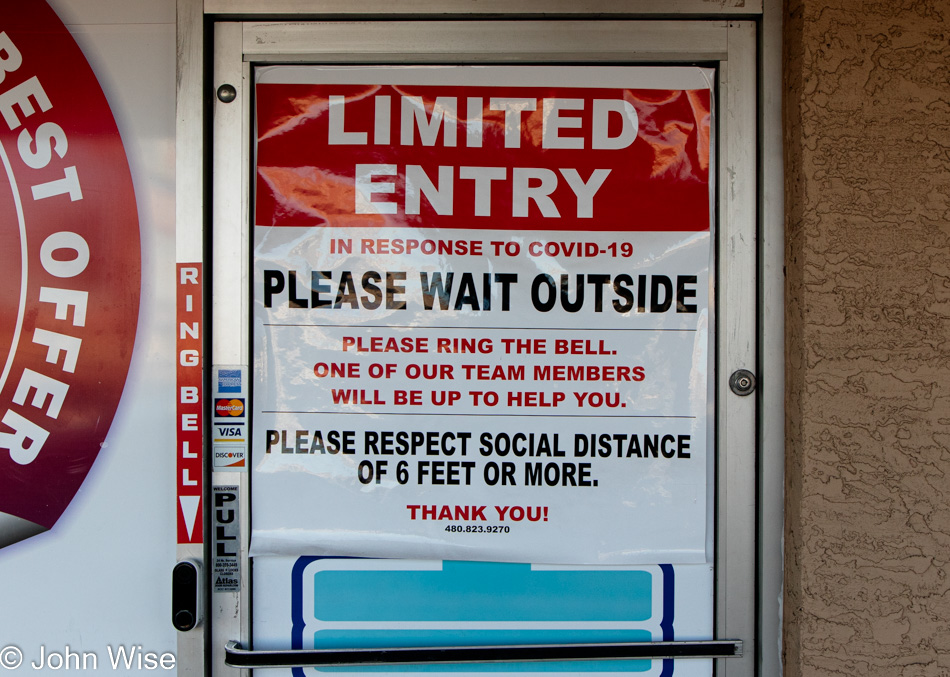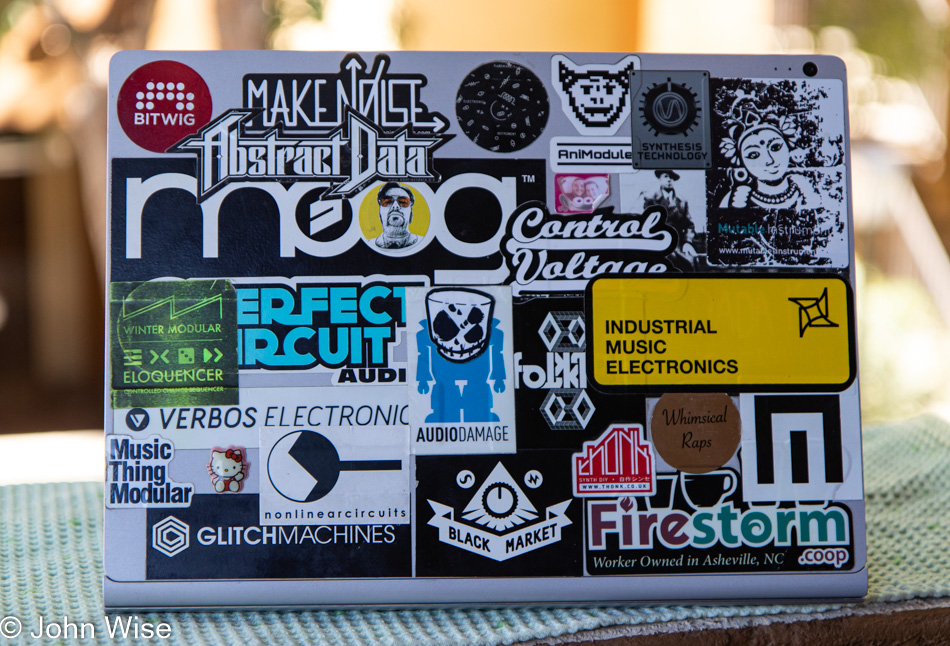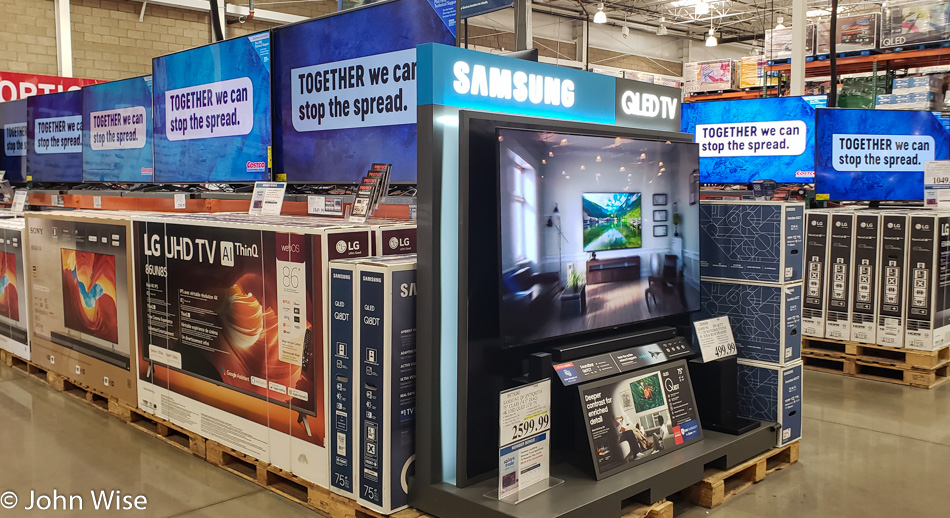
Negativland asked us back in 1987: “Is there any escape from noise?” Today, I’m rephrasing that with the question: “Is there any escape from gaslighting?” There’s an escalating cacophony heading to an unknown crescendo as the wobbling wheels of America’s sanity are being ground away. In a country no longer unified by any kind of idealism, we are polarized into corners of seething hatred where Americans resent one another. The media machine on both sides feeds the trough of extremism, and where they fail to fill it to the brim, social media is there to add the missing nutrients of intolerance so we may gorge on the gruel of disdain.
There will be no protest songs that bring us together, no angry, disaffected youth movements that will stir the cultural sense of compromise, and no fiery political charge that will unite the sides. This moment in American history appears to be heading to the proverbial 8th-grade playground where two boys are going to have to face off until both sides have hurt one another adequately or the other is beaten down. I only come to this conclusion as I can find nothing to suggest the two sides can find a compromise or that an inflection point is near at hand that would ratchet down our hate-laden rhetoric.
Regarding the sides of this standoff, one is afraid of creeping cultural diversity, of their access to weapons being controlled, and of taxes being expropriated to support ideas, gender identities, immigrants, and races they do not find worthy. The other side is afraid of the people seemingly desiring a move back into the cave that I just described. Of course, I don’t mean literally that they want to move us back to the cave, but there is no going back to the idealized mythological time they have in their minds where manufacturing jobs were plentiful and well paid, neighborhoods were white, and school shootings were never a thing. After years of being promised that they could have just that, they still hold on to a fragment of hope that it is possible, not realizing that the country they live in has moved on.
With the pandemic raging, people working from home, learning to cook, and fear of some nebulous mob, there are those who are joining the idea that maybe life outside the metropolitan island of conformity could offer refuge from what ails society. The thought that one could escape to some idyllic farm environment found in Montana is a folly that promises to destroy what the people who already live there love about it. Population growth arrives with services and infrastructure that accompany the new arrivals as capitalism moves in to take advantage of the needs of people so they may part with their dollars in order for our form of economy to function.
Joseph Heller might have bellowed that we are living in a Catch-22, while August Strindberg could have recognized the madness as part of the inferno meant to subjugate us in our own personal hell. Finding a representation of normal is a peculiar hunt relying on our egos floundering in the delusion that they might wrest control out of the chaos of nature. I am likely disillusioned by my own perception of events, believing I have the insight into some unfolding catastrophe that is nothing more than my very own madness stuck between the rock and a hard place of being me. Maybe everyone else is quite normal, but my view was long ago biased by the truth I believe I can see through my filter of disorder.
When reason vacates its chair and the void is filled with the voices of anguish and uncertainty, society heads for the exit, and culture collapses. We fail to thrive where fear about the future compels us to act in our own best interest instead of the collective. The old saying, “You reap what you sow,” is never more true than when confronted with the imminent demise of civility and you begin wishing that society had been unified in an effort greater than the individual’s own well-being. Greed due to excess foments insanity, where without real purpose, aside from the selfish, the instinct of the lemming to hurl one’s self from the cliff becomes a collective calling. The antidote people must look for is to find greater meaning in life. Sadly, this has often meant that we must descend into war so we are confronted with the worst imaginable reality that makes us appreciate what we let slip away.
This brings us full circle to my title, Gaslighting, as it’s this slipping away of sanity that the incessant aggravated hostility of our media and wealth culture has been delivering. Enchanted by dystopian dreams that empower base instincts, we come to believe that the elixir to cleanse the soul will be found in fire. But it is only the fire of the mind that fuels our success and builds futures where life is improving. Progress is no longer of interest to a large segment of the American people who are now trapped in their own ruin due to the lunacy that is largely invisible to dulled minds.




